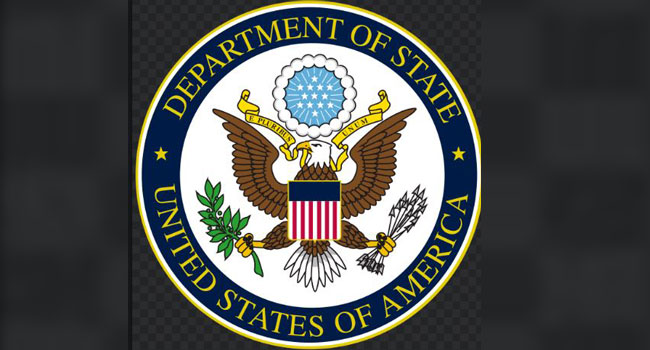In an effort to address the challenges to peace, security, and stability in Sudan, the United States has initiated actions against two entities and one individual.
Additionally, visa restrictions have been imposed on several individuals, including former regime officials and Islamists, who are deemed complicit in obstructing Sudan’s democratic transition.
Ali Karti, the Secretary General of the Sudanese Islamic Movement, finds himself subject to sanctions due to his active opposition to Sudan’s democratic transition. Karti, who previously served as Minister of Foreign Affairs during the regime of Omar al-Bashir, played a pivotal role in undermining the civilian-led transitional government following the regime’s fall.
Moreover, the Department of State has taken measures to impose visa restrictions on individuals believed to have been involved in past and current endeavours to undermine Sudan’s democratic transition. This category encompasses Sudanese Islamists, former al-Bashir regime officials, and others who are allegedly engaged in suppressing human rights and fundamental freedoms, as well as actions detrimental to Sudan’s democratic aspirations.
The United States remains committed to holding accountable those who work against peace and the democratic transition in Sudan.
The Department of State’s decision to impose visa restrictions was made in accordance with Section 212(a)(3)(C) of the Immigration and Nationality Act, as part of the policy authorized by Secretary Blinken in 2022.
This policy is aimed at targeting individuals responsible for or complicit in obstructing Sudan’s democratic transition. The Department of the Treasury has also designated these individuals pursuant to Executive Order 14098, which focuses on those destabilising Sudan and undermining the goal of a democratic transition.



